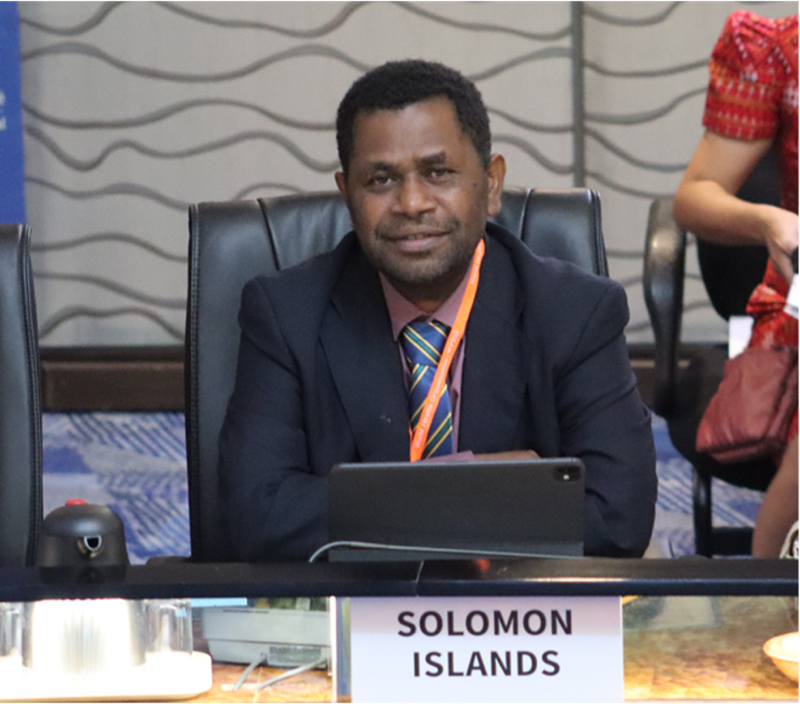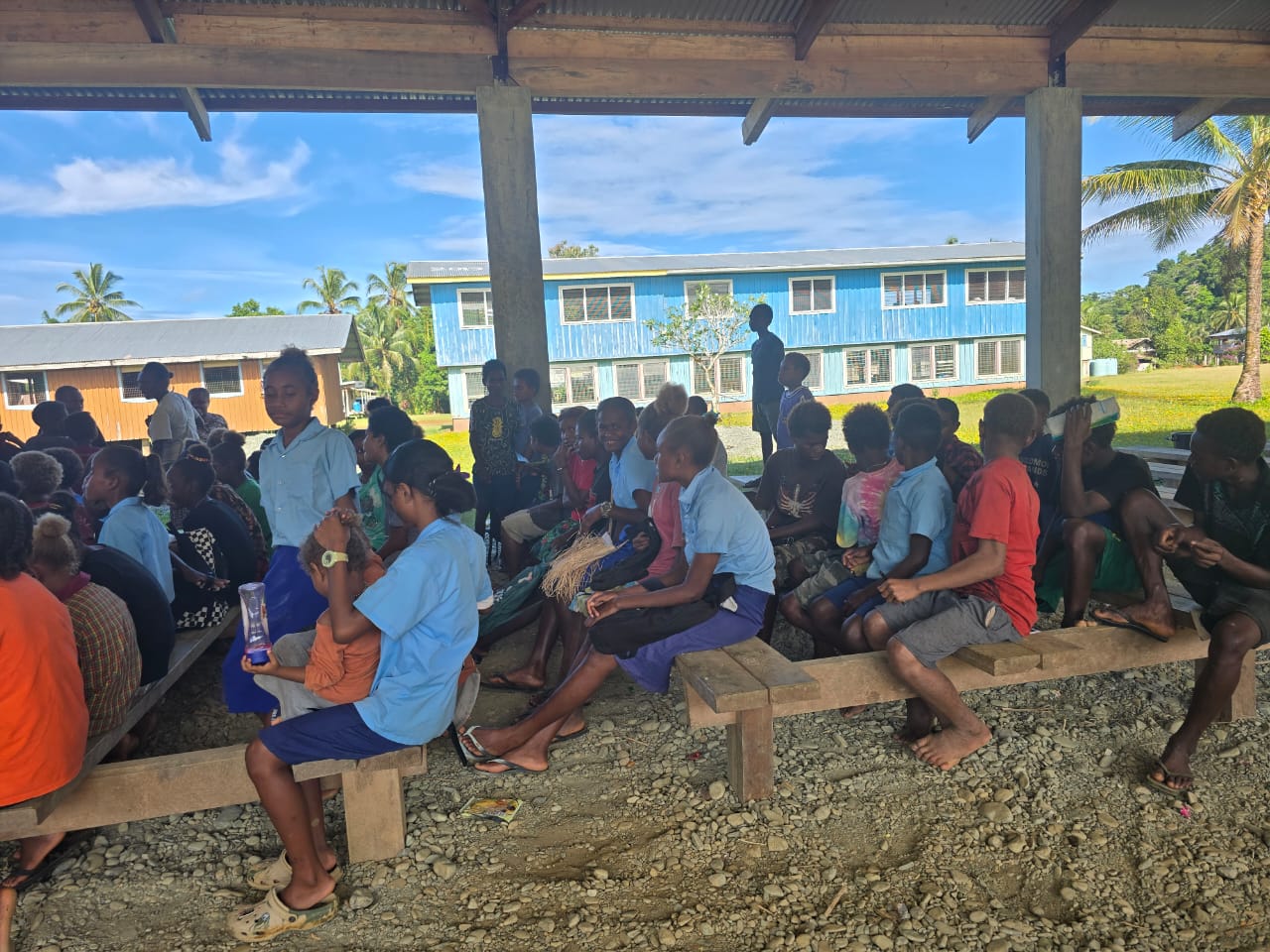The Solomon Islands needs a minimum of 20 anaesthetist doctors to effectively serve the entire country, according to the Minister of Health and Medical Services, Dr. Paul Popora Bosawai.
Anaesthetists are specialist doctors who provide anaesthetic care before, during, and after surgical and medical procedures.
They assess patients, administer general, local, or regional anaesthesia, and monitor vital signs such as heart rate and blood pressure throughout operations. They also play crucial roles in intensive care, resuscitation, and chronic pain management.
Dr. Bosawai revealed the shortage during Parliament on Monday in response to a question from Opposition Leader, Hon. Mathew Wale.
He said currently the country has only five qualified anaesthetists — four with Master of Medicine degrees and one with a postgraduate diploma.
“The four trained to Master of Medicine level are serving at the National Referral Hospital (NRH), while the one with a postgraduate diploma serves at Kilu’ufi Hospital in Malaita Province,” Dr. Bosawai said.
“Apparently, he also serves as the Director of Health Services for Malaita Province,” he added.
Dr. Bosawai explained that the NRH alone requires at least seven anaesthetists to fully cover its operating facilities — six in the main hospital and one at the new Comprehensive Medical Centre.
“Anaesthetists also cover critically ill patients in the Intensive Care Unit who require ventilation. This means we need at least two more to manage those cases,” he said.
He added that the Ministry aims to provide anaesthetic coverage for emergency surgeries at all provincial hospitals, including Taro, Sasamunga, Gizo, Helena Goldie, Sege, Buala, Tulagi, Kilu’ufi, Atoifi, Kirakira, and Lata.
“When you add all that up, the country needs at least 20 anaesthetists,” Dr. Bosawai said.
To build local capacity, he said the Anaesthetic Department at NRH recruits doctors interested in the field and prepares them for postgraduate training.
This training is supported by the Australian Society of Anaesthetists, which sends trainers annually to conduct workshops in Honiara.
“Currently, six doctors are in the department at NRH. We send our postgraduate trainees to the University of Papua New Guinea and Fiji National University (FNU),” Dr. Bosawai said.
However, he noted that training opportunities are limited by how many students institutions can accept.
“For example, FNU can only take one trainee per year. At present, we have three postgraduate trainees in anaesthesia at FNU, with two expected to qualify by the end of 2027. We also plan to send two new trainees in 2026,” he said.
In the meantime, the Ministry is integrating anaesthetic training into the Rural Medicine Program at the Solomon Islands National University (SINU) to help address the growing demand for anaesthetic services across the provinces.
“The NRH anaesthesia department will help train local doctors so they can provide anaesthesia for life-saving surgeries in provincial hospitals,” Dr. Bosawai said.
“The first group of trainees will begin their anaesthesia module in the second half of 2025,” he added.
Opposition Leader Hon. Mathew Wale acknowledged the challenge of expanding anaesthesia training due to university capacity limitations. He urged the Ministry to take stronger leadership in coordinating training with SINU.
He also called for the Rural Medicine Program to be upgraded into a fully-fledged medical faculty, noting the growing population will demand more medical specialists.
“Solomon Islands’ population is likely to exceed one million, comparable to Fiji and Papua New Guinea. We must properly resource SINU to meet that demand,” Wale said.
By EDDIE OSIFELO
Solomon Star, Honiara




